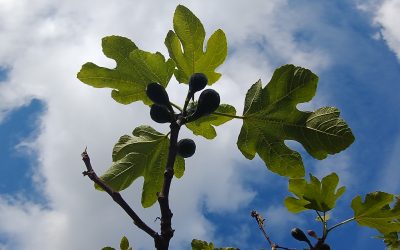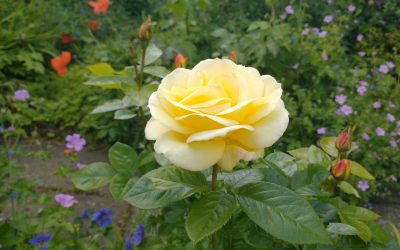I have been reading an enthralling book, ‘A Hundred Years in the Highlands‘, written in 1921 by Osgood Mackenzie. He was the founder and owner of the famous gardens at Inverewe.
Osgood Mackenzie was an elderly man when he wrote the book and could recall childhood incidents from the 1850s, as well as many tales he was told about Highland life in the generations before.
One of the chapters is about Scottish pipers, meaning players of the bagpipe. These days, many visitors to Scotland associate bagpipes with tourist music, if I could put it like that. But in the old days, pipers were very important members of a Highland laird’s (lord’s) household. Their repertoire was an ancient heritage of tunes upon which they improvised to commemorate all kinds of occasions. They led troops into battle, and played to mark births, weddings and deaths. Senior pipers were so highly-regarded that sometimes the laird would go travelling with just his piper as his companion.
Osgood Mackenzie tells a delightful tale of an 18th century bagpiper, Ian Dall, who studied piping with the great Macrimmon of Skye. Ian Dall and another student were taking it in turns to play a certain tune in front of their teacher, but Ian Dall was much the better.
Macrimmon asked the other lad why he was not playing as well as Ian Dall. The lad replied, ‘By St Mary, I would do so if my fingers had not been after the skate!’
This was an allusion to his fingers being sticky from eating the fish which Macrimmon had given his students for dinner (evidently they ate with their fingers).
Osgood Mackenzie goes on: ‘And this has become a proverbial taunt which northern pipers to this day hurl at their inferior brethren from the south.’
I think I shall enrol this phrase in my teaching vocabulary. ‘For goodness’ sake – are your fingers after the skate??’




0 Comments